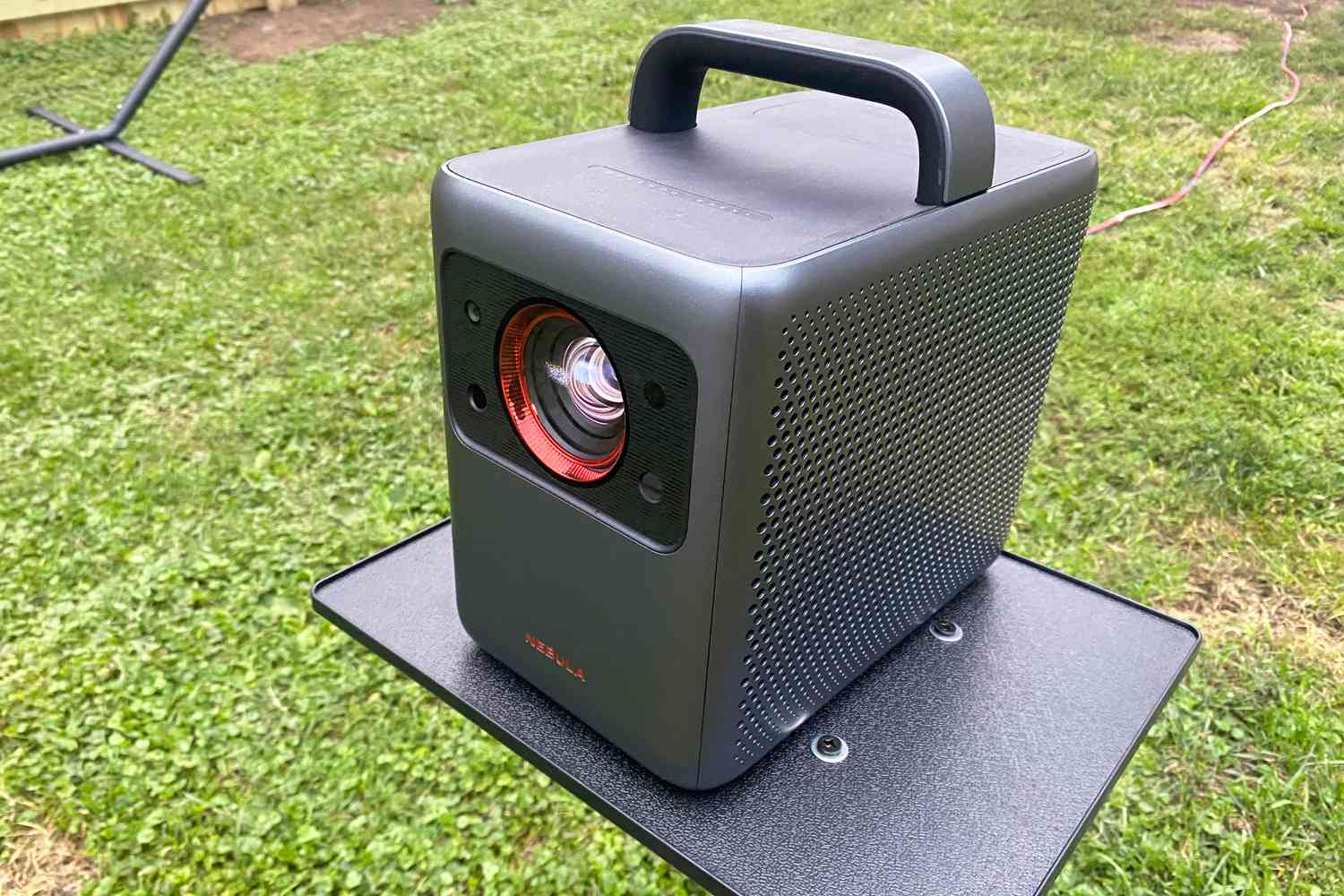
Standard Definition (SD): 480p, suitable for basic use.
High Definition (HD): 720p, better for movies and presentations.
Full HD (1080p): 1920x1080, ideal for home theaters.
4K Ultra HD: 3840x2160, offers the best image quality for movies and gaming.
Measured in lumens, brightness is crucial for image clarity, especially in well-lit environments.
Less than 1,000 lumens: Best for dark rooms.
1,000 to 2,500 lumens: Suitable for moderately lit rooms.
2,500 lumens and above: Ideal for bright environments.
The contrast ratio measures the difference between the darkest and brightest parts of an image. A higher contrast ratio results in better image quality, especially for movies. Look for a ratio of at least 1,000:1 for decent performance.
Consider the distance between the projector and the screen. Short throw projectors require less space, while standard projectors need more distance to project a larger image.
Ensure the projector has the necessary ports for your devices. Common connections include HDMI, USB, VGA, and audio out. Wireless connectivity options (Wi-Fi, Bluetooth) can also enhance convenience.
Projector lamps have a limited lifespan, typically ranging from 2,000 to 20,000 hours. LED and laser projectors generally have longer lifespans compared to traditional lamps.
While many projectors come with built-in speakers, they may not provide the best audio quality. Consider external speaker options for a better sound experience.
This feature allows you to adjust the image shape to ensure it appears rectangular, even if the projector is not perfectly aligned with the screen.
A zoom lens enables you to adjust the image size without moving the projector, providing flexibility in setup.
Look for features like focus adjustment and color calibration to enhance image quality.
Smart Features: Some projectors come with built-in streaming capabilities, allowing you to access apps like Netflix and YouTube directly.
Remote Control: A remote control can make it easier to operate the projector from a distance.
Carrying Case: For portable projectors, a carrying case can protect the device during transport.
Check the warranty period and customer support options available for the projector. A good warranty can provide peace of mind in case of defects or issues.
Regularly clean the projector lens and filter to maintain image quality and prolong the lifespan of the device.
What is the best projector for home theater use?
Look for a projector with at least 1080p resolution, high contrast ratio, and good brightness levels for the best home theater experience.
Can I use a projector in daylight?
Yes, but you will need a projector with high brightness (2,500 lumens or more) to ensure a clear image in well-lit environments.
Do I need a special screen for my projector?
While you can project onto any flat surface, a dedicated projector screen can enhance image quality and brightness.
Choosing the right projector involves understanding your specific needs, such as the intended use, environment, and desired features. By considering the types, specifications, and essential features outlined in this guide, you can make an informed decision that enhances your viewing experience, whether for movies, presentations, or gaming.